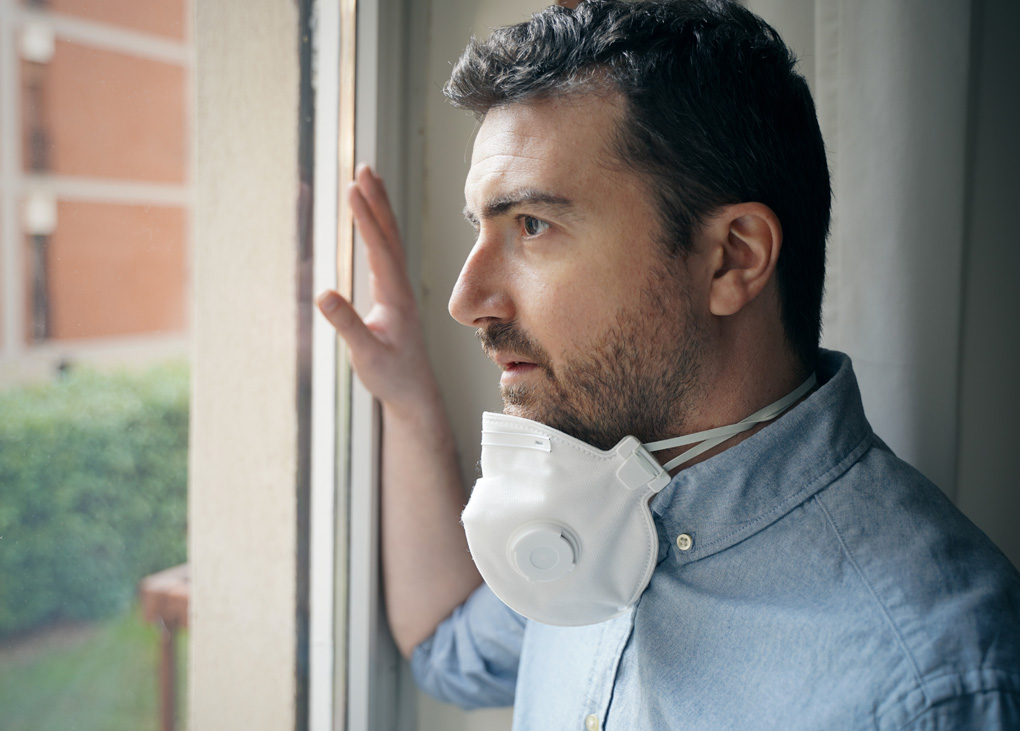Air conditioning and ventilation providers will be required to do much more to address indoor air quality issues following the COVID-19 pandemic, says the Building Services Research and Information Association (BSRIA) in the UK.
New findings from the UK-based organisation have warned that COVID-19 and research concerning airborne contamination in enclosed, poorly ventilated spaces has led to expanded public awareness of IAQ as a vital health issue.
Increased levels of awareness and concern around how air enters and is expelled from buildings will remain a vital issue even if COVID-19 is eradicated or brought under control globally, the researchers warn.
“Awareness of the health consequences of pollutant exposure, either organic or chemical, has increased and will have an impact on demand for commercial space,” says BSRIA’s Market Intelligence Consultant Alfonso Oliva.
“IAQ will not only be a tool to manage health emergencies but also an economic factor to consider in designing, planning and specifying commercial HVAC.”
Oliva says that the predicted shift in public perception around IAQ will have significant impacts on the role of air conditioning specifiers and manufacturers in creating healthy environments.
He also notes higher levels of anxiety among the general public over the last year about the possibility of viral contagion as a result of ill-designed ventilation and air handling technologies.
“The urgency of enhancing the IAQ solutions prompted by the health risk associated with the COVID-19 spread, represents a challenge for regulators and specifiers, a cost for building owners and an opportunity of product development for HVAC manufacturers,” says Oliva.
On the regulation front, the organisation says that healthcare facilities are enforcing the strictest requirements to manage IAQ at present, followed by government buildings and commercial offices. The leisure, retail and hospitality sectors are seen as being more lenient.
“With the exception of flagship projects, developers have rarely raised the threshold of their IAQ requirements above the bare regulatory compliance,” Oliva says.
Economic reasons were seen as one important factor that had resulted in looser IAQ enforcement. The cost of 100 per cent dedicated outdoor air systems (DOAS) was seen as putting extra budget burden on building owners.
“Efficient filters require higher air pressure and therefore more powerful fans; UV purification adds consumption to the electricity load,” Oliva says.
“The trade-off between IAQ and efficiency is also a conundrum for designers and specifiers. Compliance with efficiency regulation may require compromises on IAQ and vice versa.”
The Building Services Research and Information Association (BSRIA) is a non-profit distributing, member-based association promoting knowledge and providing specialist services for construction and building services stakeholders.



Leave a Reply